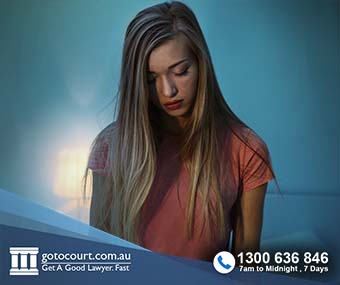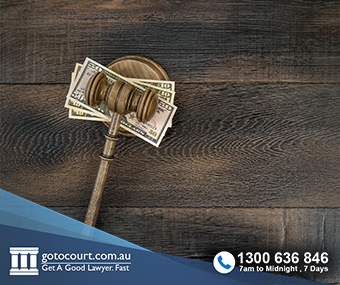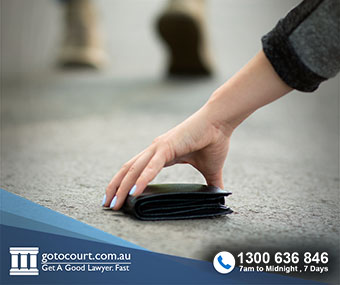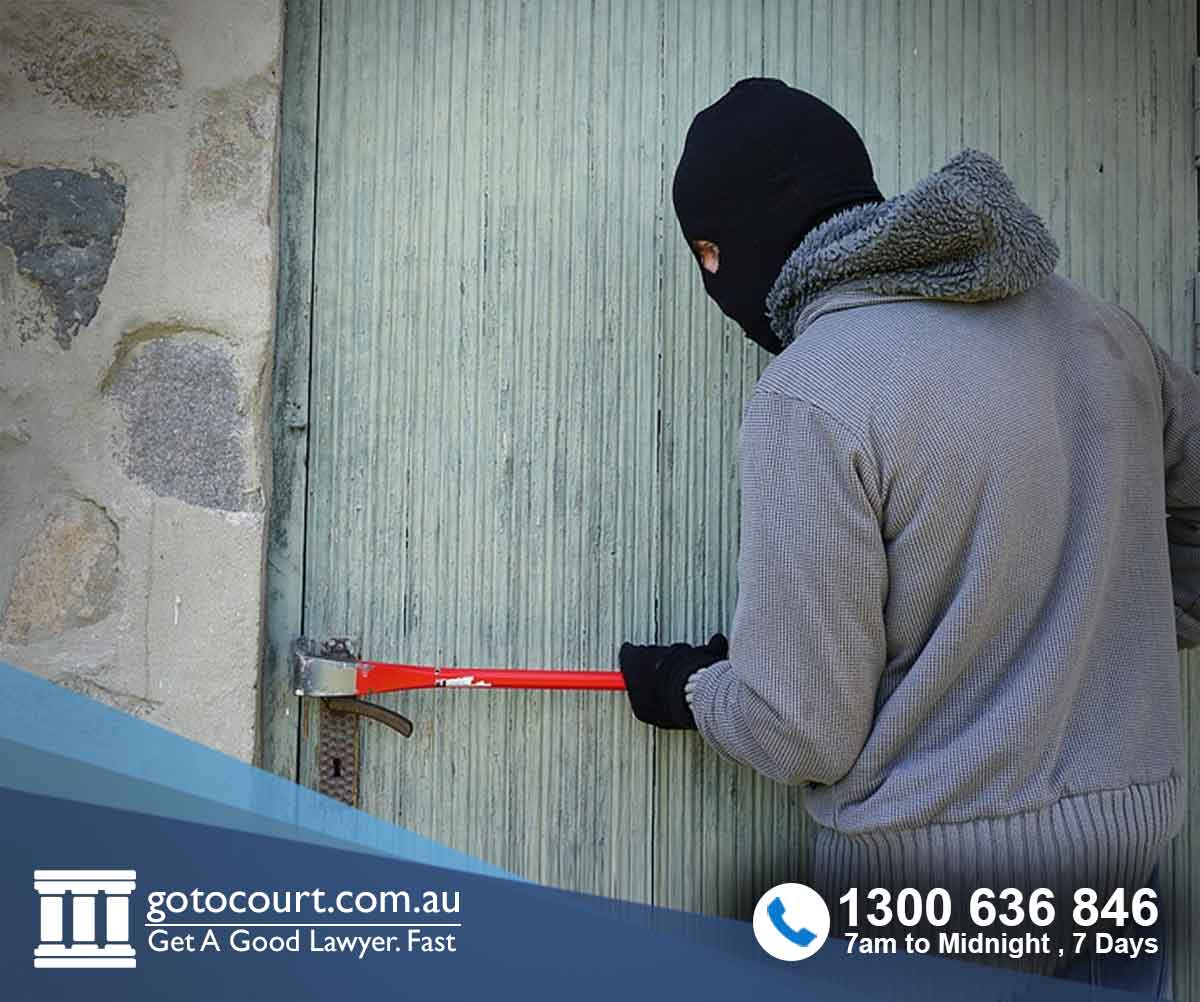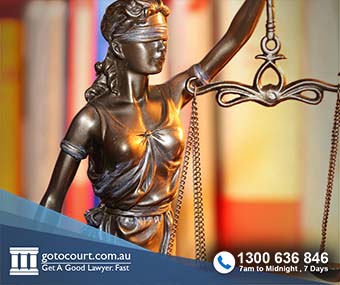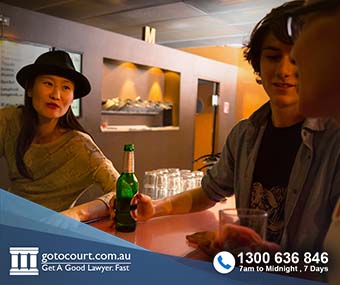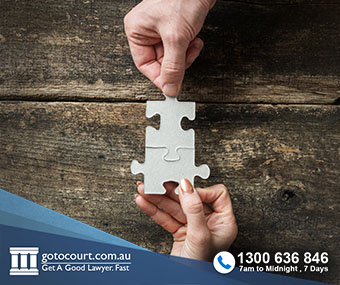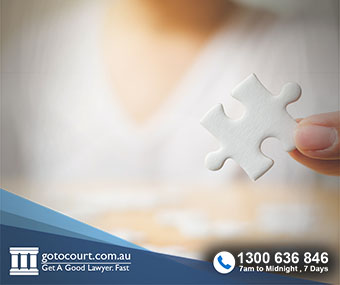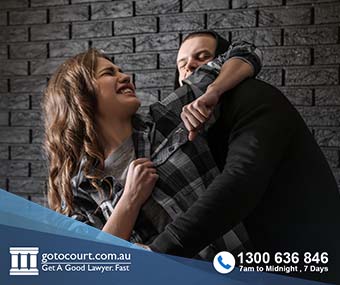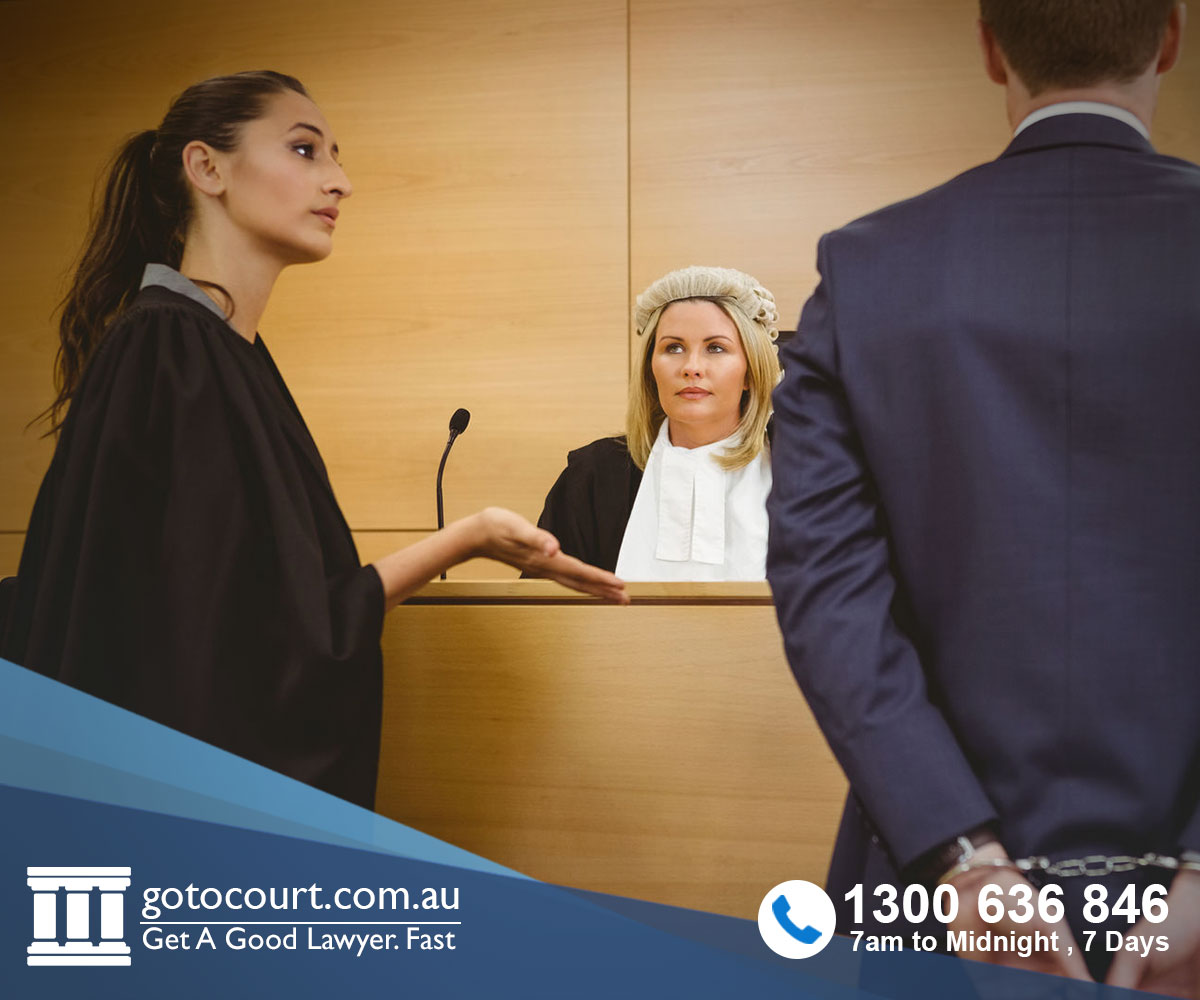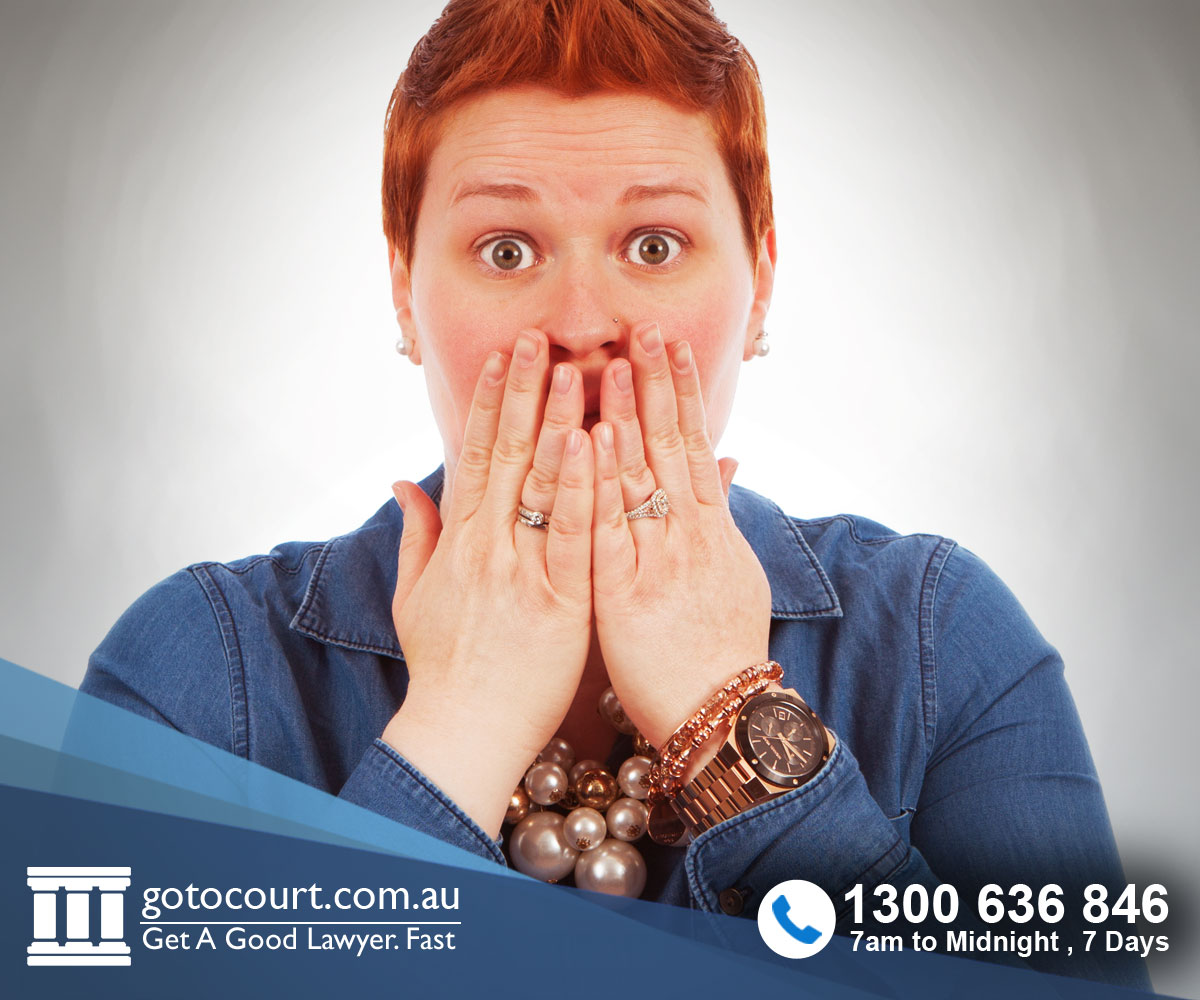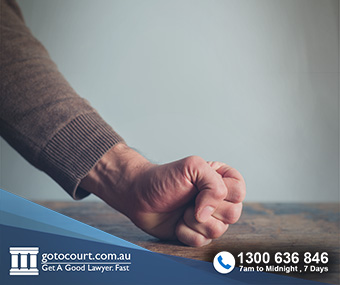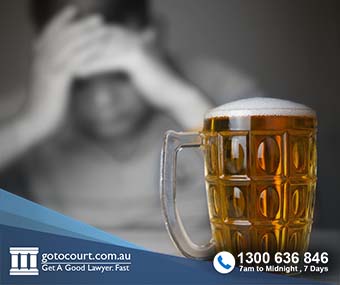Call our lawyers
now
or,
have our lawyers
call you
Age of Criminal Liability (WA)
Updated on Dec 07, 2022 • 4 min read • 497 views • Copy Link
Age of Criminal Liability (WA)
In all jurisdictions, children are not held to be criminally responsible for their actions until they reach a certain age. The age of criminal liability varies across different jurisdictions. In Western Australia, pursuant to section 9 of the Criminal Code Act Compilation Act 1913, the age of criminal liability is 10. If you are aged 10 or older and you commit an offence, you can be charged by the police and convicted in court.
Should a child under the age of 10 do an act that would be an offence if committed by an older person, they are unable to be held legally responsible.
Children between 10 and 14
Section 9 of the Criminal Code states that a person between the ages of 10 and 14 is not criminally responsible for an act or omission unless the prosecution proves that at the time of doing the act or making the omission the child had the capacity to know that what they were doing was wrong. The test to determine whether the child knew that the conduct was wrong is according to the standards of an ordinary person.
The onus is on the prosecution to show that a child over the age of criminal liability but under 14 had the capacity to know that was they were doing was wrong. The High Court has made it clear that the prosecution must provide sufficient evidence as to the child’s knowledge that the conduct was wrong rather than general inferences. There is no prescribed method for rebutting the presumption against criminal responsibility and it will depend on the circumstances of each individual case. However, when determining whether a child over the age of criminal liability is criminally responsible, the child’s age, mental capacity and development will all be taken into account as well as the seriousness of the act.
A child who is found to have criminal responsibility will be subject to the same criminal process as an adult however there are some differences in court processes and penalties.
Children’s court
If you are charged with a criminal offence and you are under 18 years of age, the charge will be dealt with in the Children’s Court under the Young Offenders Act 1994. If you are found guilty or plead guilty to an offence in the Children’s Court, a range of penalties can be applied by the Magistrate under that act including fines, good behaviour bonds, community work orders and a range of supervision orders. The Children’s Court may also impose a custodial sentence, which is a period of time in a juvenile detention centre.
Juvenile Justice Team
Under the Young Offenders Act, police officers have the discretion to give cautions or make referrals to a Juvenile Justice Team instead of having matters dealt with through the formal criminal justice system. The purpose of the Juvenile Justice Team is to steer very young offenders and young people charged with minor offences away from the criminal justice system in an attempt to minimise the risk of reoffending.
A Juvenile Justice Team dealing with a young person may determine the way in which the matter should be disposed of and invite the young person to comply with terms specified by the team. If a matter is dealt with by the Juvenile Justice Team, no criminal conviction is recorded. This gives the person an opportunity to take responsibility for their actions and focus on staying out of further trouble, giving them a second chance.
If you or a child for whom you are responsible has been charged with a criminal offence or requires advice in any legal matter, please contact Go To Court Lawyers.


Affordable Lawyers
Our Go To Court Lawyers will assist you in all areas of law. We specialise in providing legal advice urgently – at the time when you need it most. If you need a lawyer right now, today, we can help you – no matter where you are in Australia.How It Works








1. You speak directly to a lawyer
When you call the Go To Court Legal Hotline, you will be connected directly to a lawyer, every time.


2. Get your legal situation assessed
We determine the best way forward in your legal matter, free of charge. If you want to go ahead and book a face-to-face appointment, we will connect you with a specialist in your local area.


3. We arrange everything as needed
If you want to go ahead and book a fact-to-face appointment, we will connect you with a specialist in your local area no matter where you are and even at very short notice.


